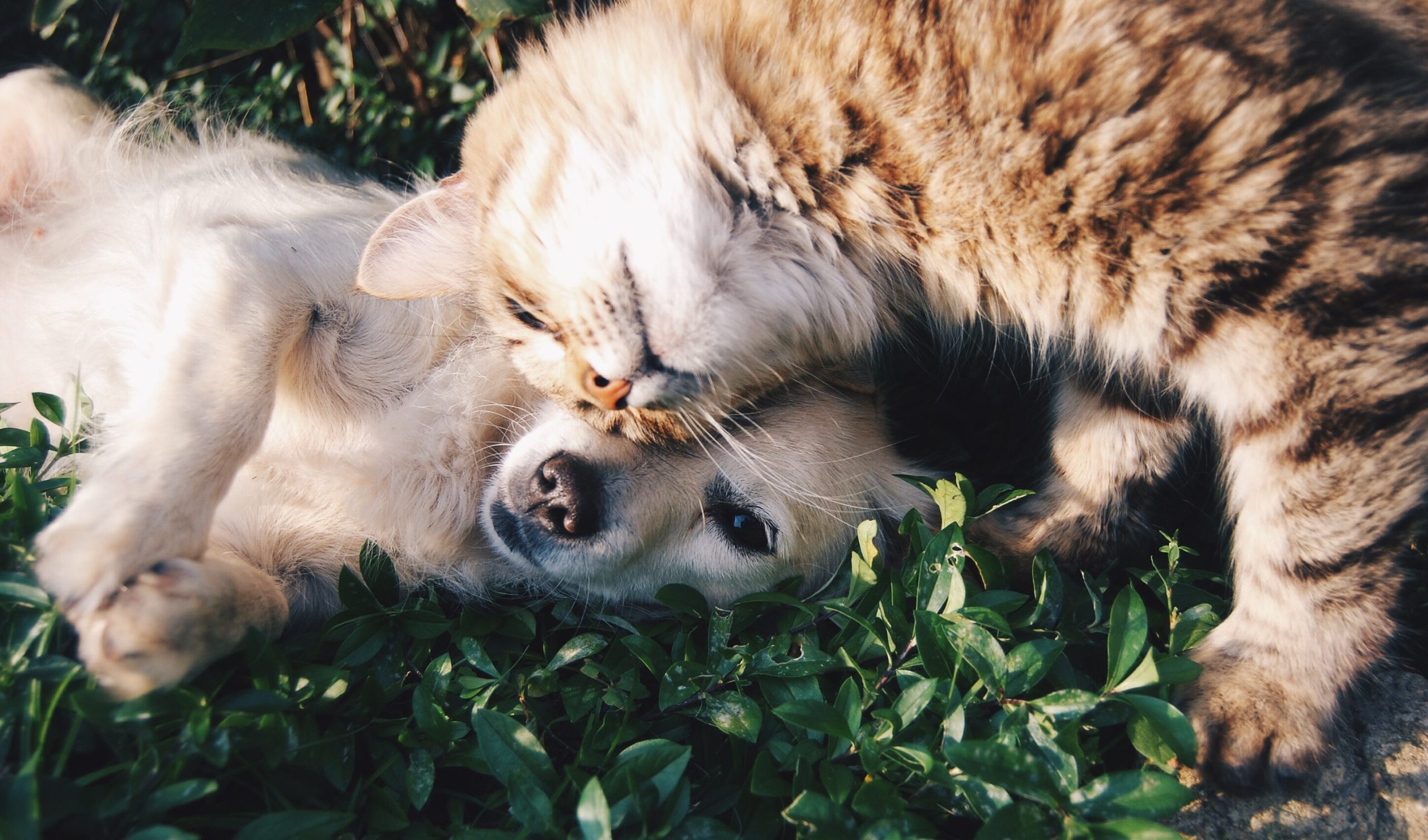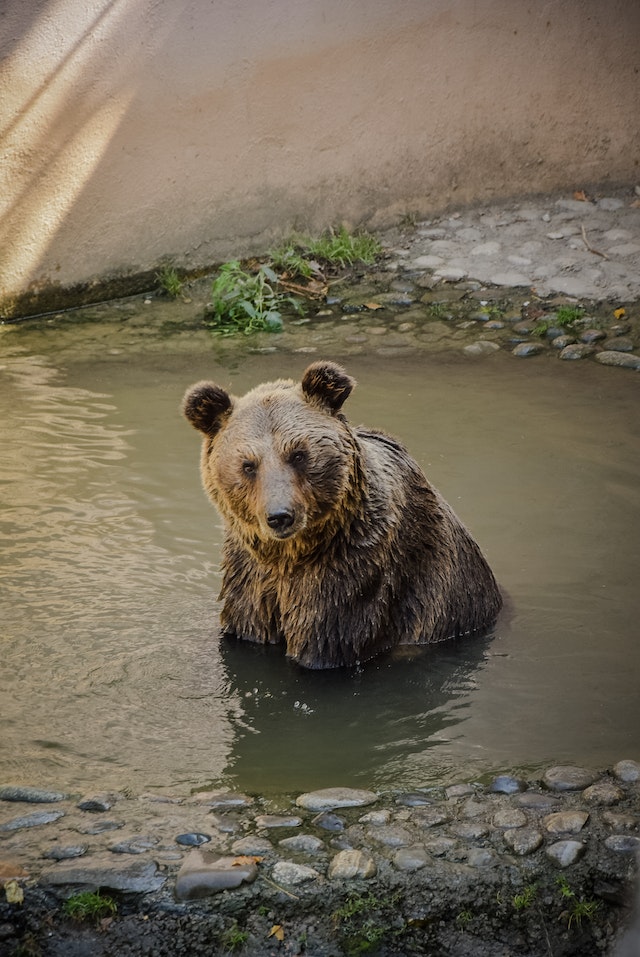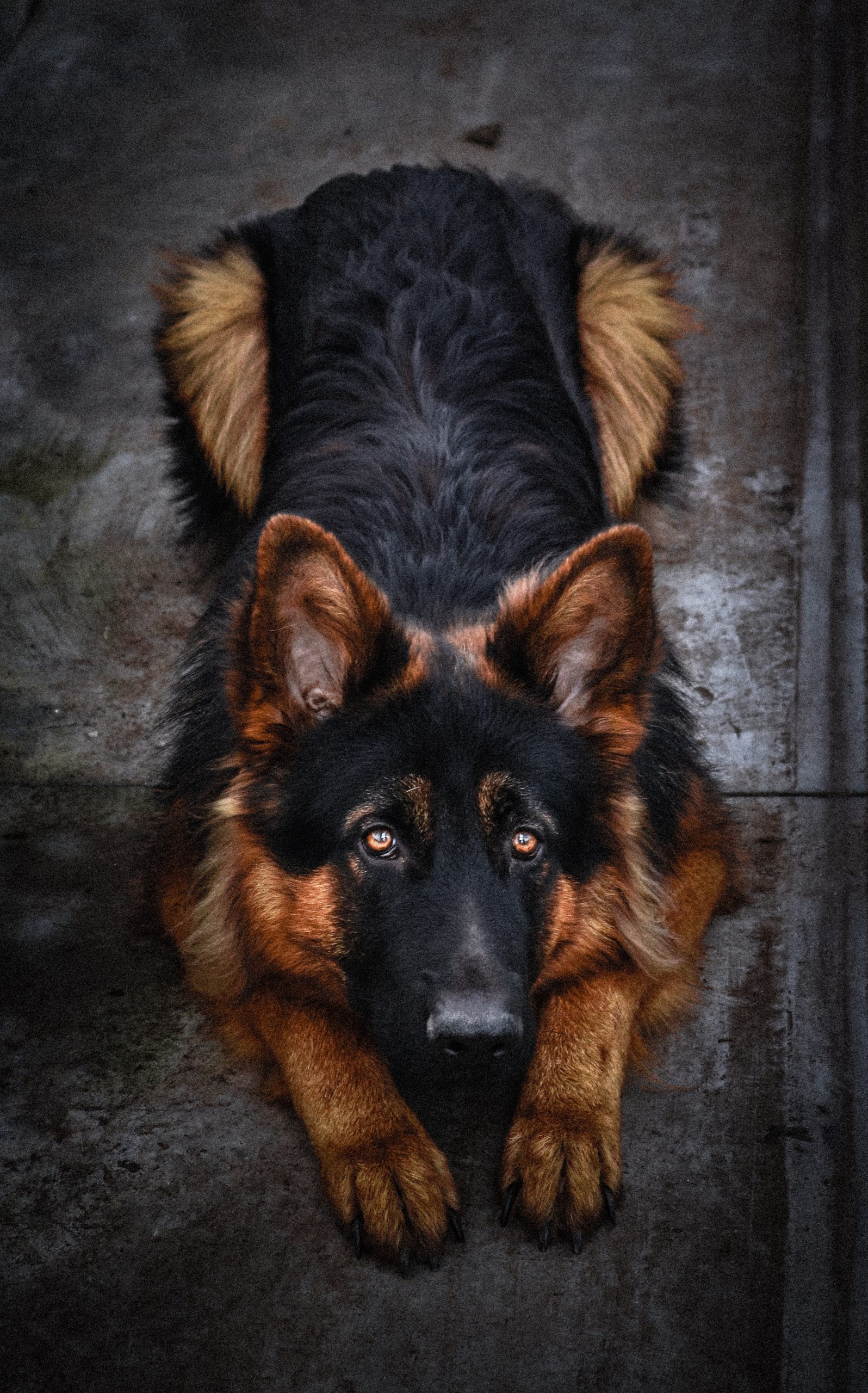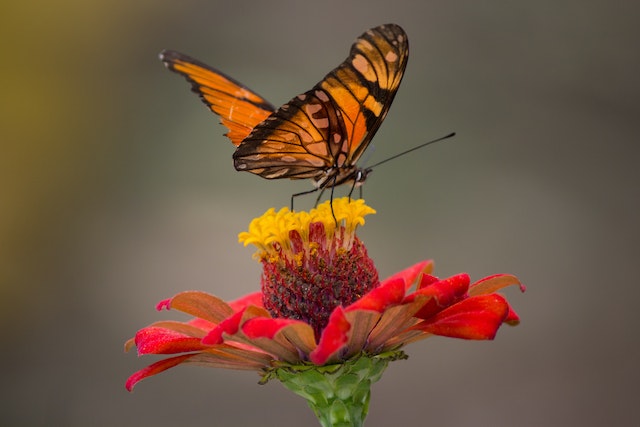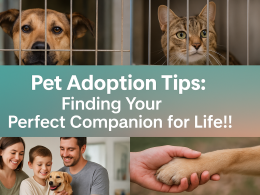Pet overpopulation is a serious issue that affects not only the animals themselves but also the people around them. In this article, we will delve into the unseen consequences of pet overpopulation, exploring how it affects our communities and our world as a whole.
Firstly, pet overpopulation leads to an increase in the number of homeless animals on the streets. These animals are often left to fend for themselves and can suffer from malnutrition, disease, and injury. They can also be a danger to humans and other animals, particularly if they are aggressive or have not been properly socialized.
Secondly, the overcrowding of animal shelters and rescue centers is another consequence of pet overpopulation. This can lead to animals being euthanized due to a lack of space and resources to care for them. It can also put a strain on the staff and volunteers who work tirelessly to care for these animals.
In addition to these immediate consequences, pet overpopulation can have long-term effects on our environment and economy. For example, feral cats and dogs can have a significant impact on local ecosystems, preying on wildlife and spreading disease. This can ultimately affect the balance of the ecosystem and the overall health of the environment.
Moreover, pet overpopulation can also be a drain on resources and finances. Local governments often spend a significant amount of money on animal control and sheltering programs. These costs can increase significantly as the number of homeless animals grows. Additionally, there are costs associated with the medical care and rehabilitation of animals who have been neglected or abused.
Ultimately, pet overpopulation is not just a problem for animal lovers and advocates. It is a problem that affects us all, with far-reaching consequences that impact our communities and our world. By taking steps to reduce pet overpopulation through spaying and neutering programs, adoption, and responsible pet ownership, we can work towards a more compassionate and sustainable future for ourselves and our animal companions.






